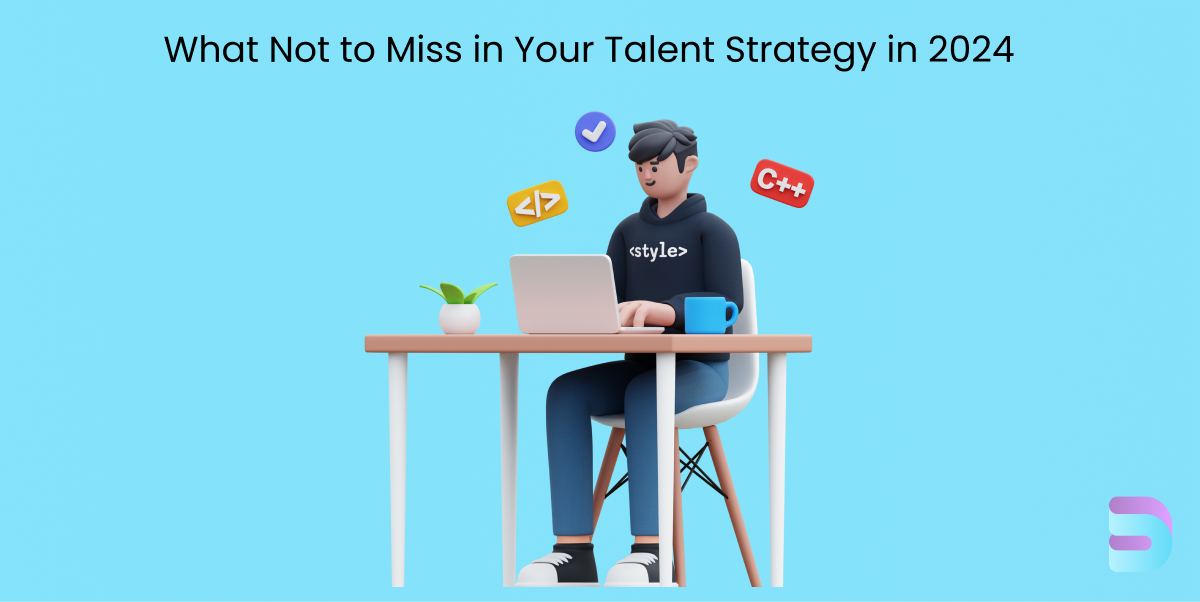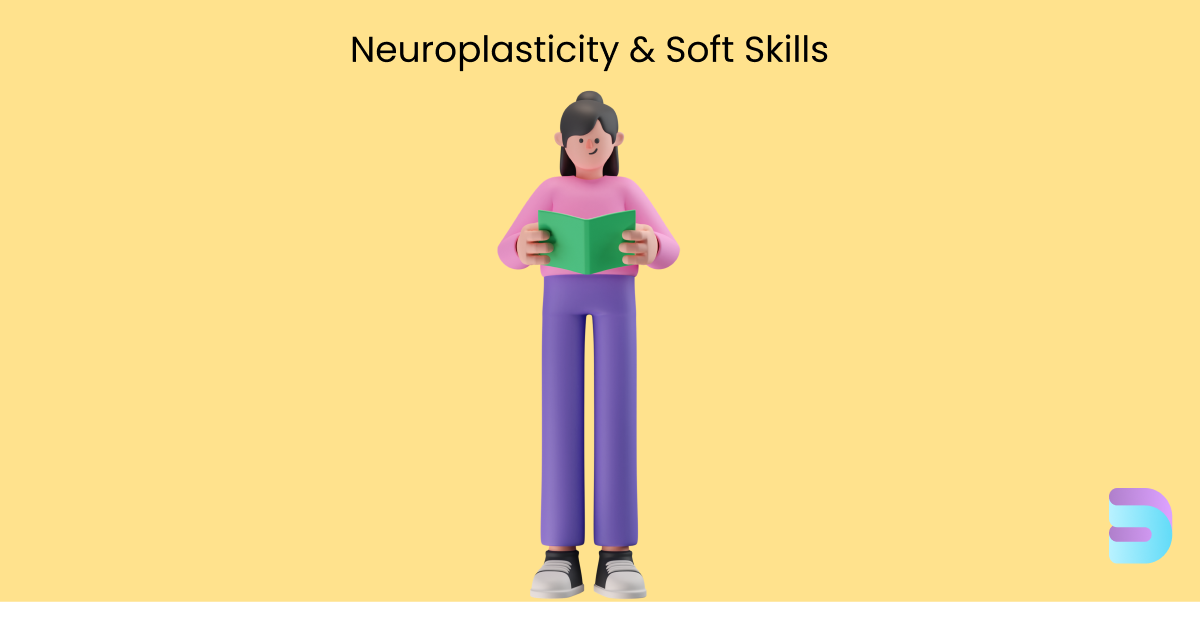By Leana Patel, VP People & Culture, Crohn’s & Colitis Foundation and Ioanna Mantzouridou Onasi, Co-founder & CEO of Dextego.
Diversity, Equity, Inclusivity, (DE&I) and belonging at work have become prominent features of an organization’s culture and important elements for people to feel connected to their organizations. As Mark Twain famously quoted “the two most important days in your life are the day you were born and the day you find out why”. Minaxi Mistry, founder of Equality Leaders in the UK, knew her ‘why’ early in her career and wanted to honor her purpose by filling the dignity gap. Minaxi has built a successful consultancy with the goal of choosing inclusion, transforming perspective, and co-creating change. In recent years, more consultancies have focused on this area, working with companies to establish and build their DE&I journey.
On May 25, 2020, this goal became even more prominent when George Perry Floyd Jr., an African American man, was murdered by a white police officer in Minneapolis, Minnesota. The officer, Derek Chauvin, kneeled on Floyd’s neck as Floyd repeatedly said he couldn’t breathe and eventually died. The cry for help and the horrific images of those events spark feelings of despair and grief to this day. The global impact made the raw human emotion in all of us stand up for racial justice and human rights. The ‘Black Lives Matter’ Protests went far beyond our nation’s borders, crossing numerous cultures, as the murder symbolized hatred, intolerance, and injustice.
Organizations could not stay on the sidelines and a call to action was born. CEOs of companies were pushed to confront social injustice, expand inclusion at work, and increase (or begin) their involvement in DE&I. Almost 4 years later, many organizations have struggled to implement authentic diversity. However, what is apparent is that there is nowhere for the Boardroom to hide. Our actions and inactions as leaders are there for all to see.
The COVID-19 pandemic has made us all sit up and think about our purpose. A paradigm shift resulted in our thinking at work and resulted in a new tagline: ‘human first employee second’. Courageous leaders need to be ready for DE&I by having uncomfortable conversations and let the change start there.
Your employees are more than titles such as Associate, Manager, Director, Vice President, etc. They are also part of protected classes encompassing race, ethnicity, religion, age, gender, etc. People want others to understand what they have experienced, and how much inclusion matters to all of us. While one employee may have small children, another may have elder care responsibilities. Still, many organizations are not even aware of the change that is needed. DE&I requires a strong desire to disrupt the status quo and encourage change, so where do we start?
Begin by honoring your purpose as leaders and why DE&I is important to your organization. What constitutes an inclusive work environment? Understanding inclusion is all about respecting and valuing our different perspectives and identities. It is often said that “Diversity is being invited to the party. Inclusion is being asked to dance”. In contrast, many employees are expected, and often encouraged, to assimilate and cover who they truly are. ‘Covering’ is downplaying a stigmatized identity, instead of embracing and encouraging a sense of self. No matter how much employees may abide by these norms, no one walks away with a sense of worth. More and more, employees are no longer prepared to remove parts of themselves that might make others feel uncomfortable.
Look at the make-up of your senior leaders and C-suite. When all decision makers look the same, how then will diversity of perspective and thought be brought to the top table? If employees do not see C-suite representation of themselves as marginalized communities, they only see a glass ceiling, experience frustration, and disengagement. Unfortunately, they can and will move on to companies who have woven diversity into the fabric of their organization. The thought that “people like me can’t be successful here” is real and leads to a disengaged workforce, not a dynamic and innovative one.
When it comes to building a supportive and inclusive workplace culture, we start by looking at C-Suite leaders, because culture cascades from the top down. Many CEOs have so far succeeded using an increasingly irrelevant and outdated playbook, but times are changing. Businesses need to throw out the rule book and start over. Organizations need to use a strong moral compass, honoring their purpose by understanding unintentional statements or outcomes that create hostile, derogatory or negative attitudes, otherwise known as ‘microaggressions’.
Above all, respect your employees; make respect actionable and not just aspirational.
The employee experience of feeling isolated and excluded is real. Unconscious bias is how we see the world through our own lived experiences, and how we act on that information. Our biases are confirmed and reinforced by what we see in society or our environment. The fact that we have it is a real problem and we need to acknowledge it. Organizations need to ensure all cultures are represented and validated.
Encourage a culture of listening to all your people. Stephen R. Covey stated that “the biggest communication problem is we do not listen to understand. We listen to reply”. Create space for all individuals to fully contribute and thrive. People must feel valued, supported, and respected for their individuality. That is done by incorporating feedback. It is not good enough to treat people how you want to be treated; you need to treat people how they want to be treated.
Diversity is an important journey, and many are ill-equipped to take part. You may face huge pushback, but we must all learn from the discomfort and empathize with the minority. Those with greater privilege have the added responsibility and opportunity to lead from a place of allyship, driving the commitment to DE&I. Belonging is a way to help people who are not marginalized, to be part of the conversation and removes the assumption that empowering one group, means disempowerment of another. Leaders have significant influence. They must champion Employee Resource Groups (ERG’s), Affinity Groups through sponsorship, and most importantly they must show up as leaders. Leaders need to embrace the discomfort and become comfortable with being uncomfortable.
Employees want a sense of psychological safety that they will not be rejected or retaliated against, for speaking their truth. Tim Cook, Apple’s CEO, came out as being a gay man in 2014 and became an empowering, inspirational ally. This resulted in many employees who felt isolated from their companies and community, feeling comfortable bringing their whole authentic selves to work. This is the change we all should aspire to be in our thinking and the support we must give as leaders.
Training is an important part of changing the status quo, and supporting or advocating for marginalized communities at work. Gathering stakeholder feedback and the collection of relevant data is all important to move the needle forward, and to honor your purpose of commitment to equity.
Diversity, Equity, and Inclusion (DE&I) extend beyond just promoting a diverse workforce and fostering an inclusive environment. It also encompasses ensuring equal access to career development opportunities, regardless of background, identity, or experiences. This includes leveling the playing field so that every individual within an organization has the chance to advance, grow, and contribute to their fullest potential.
Dextego promotes equal access to career development opportunities by offering personalized training tailored to an individual's role, industry, and skills. This ensures that everyone has access to relevant and inclusive learning resources, helping employees enhance their skills, grow professionally, and contribute to a more diverse and equitable workplace. Dextego’s AI Coaching Platform provides users with objective feedback based on their performance, including their facial expressions, tone, pitch, and content. This feedback is crucial for self-awareness and improvement, helping individuals identify areas where they can enhance their skills and competencies.
Honoring your purpose is connecting to your people - accepting and allowing the differing values of your employees to matter in the workplace. When it is clear all kinds of people and perspectives are welcomed, diversity of thought begins. The focus cannot be to treat everyone the same, because we did not all start with the same opportunities. One of the most powerful tools for beginning the journey in DE&I is committed executive sponsorship, starting with the CEO. All eyes look upward when diversity and culture is discussed as a company priority. Equity is necessary to achieve equality. Honor your purpose and commit to leveling the playing field.
-(600-x-322-px)-(1920-x-1080-px).png)


